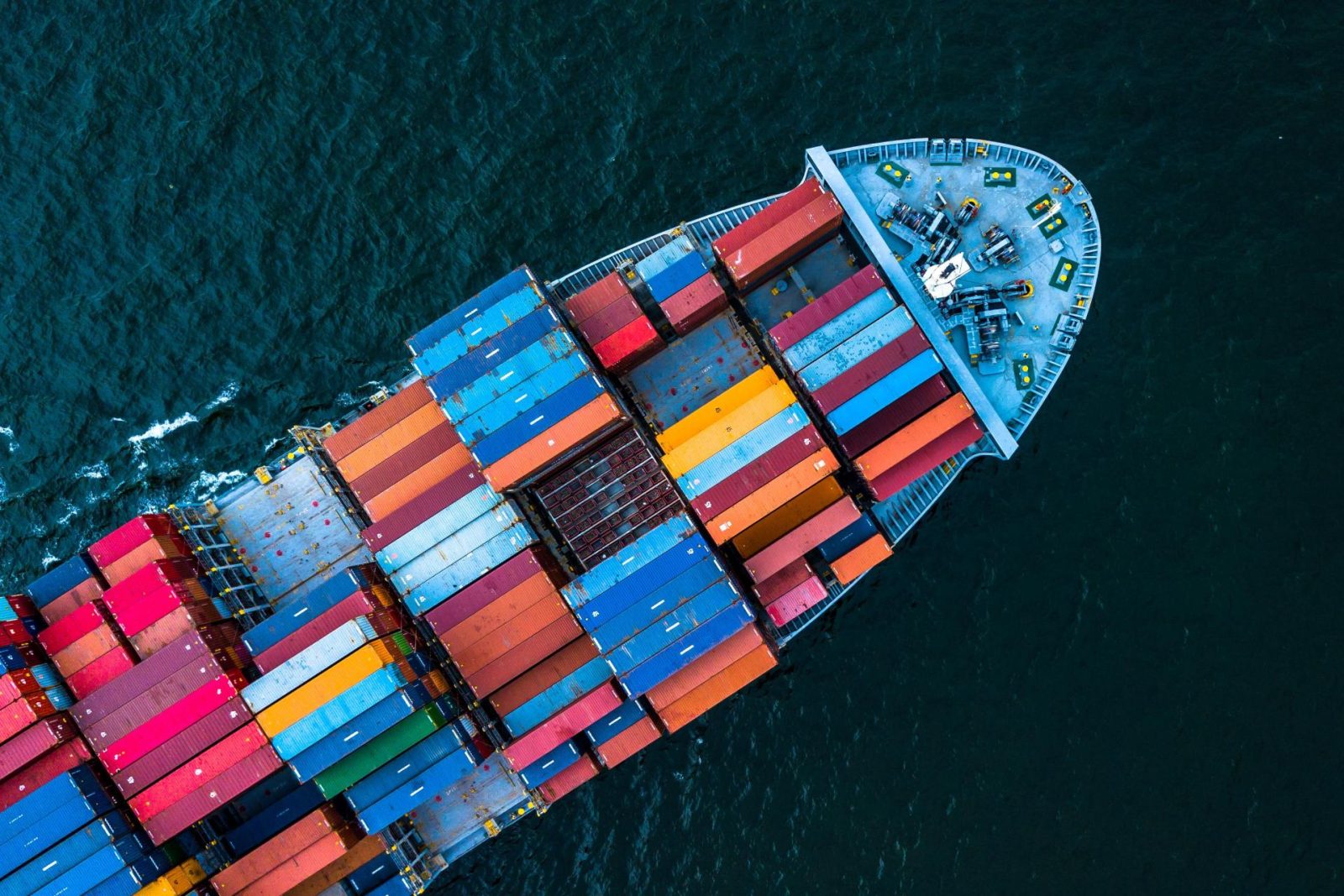
Malta’s main imported goods
Malta, a small island nation in the Mediterranean, is heavily reliant on international trade due to its limited natural resources and relatively small domestic market. The country’s main imported goods reflect its dependence on external sources to sustain its economy, population, and industries. The following provides an overview of Malta’s primary imports.
Fuel and Energy Products
Given its lack of natural fuel reserves, Malta imports a significant amount of fuel and energy products. These include crude oil, refined petroleum, and other energy-related materials essential for power generation, transportation, and industrial activities. Energy imports are critical to sustaining the country’s economic infrastructure and everyday operations.
Machinery and Equipment
Machinery, mechanical appliances, and electrical equipment form a significant portion of Malta’s imports. These goods support various sectors, including manufacturing, construction, and information technology. Malta’s growing reputation as a hub for digital innovation and gaming industries has also spurred the need for advanced computing and telecommunication equipment.
Vehicles and Transport Equipment
Malta imports vehicles for personal use, public transportation, and commercial purposes. Cars, buses, trucks, and specialized transport equipment are regularly brought into the country, as Malta lacks an automotive manufacturing industry. Additionally, marine transport equipment, such as yachts and ships, is also a prominent import due to Malta’s maritime connections and tourism industry.
Pharmaceutical Products and Medical Equipment
The healthcare sector in Malta is well-developed, and a significant share of imports consists of pharmaceutical products, medical devices, and related equipment. These imports support the public health system, private clinics, and Malta’s role as a medical tourism destination.
Food and Beverages
Malta’s agricultural output is limited due to its arid climate and small land area. As a result, the country relies on importing a wide variety of foodstuffs, including cereals, dairy products, fruits, vegetables, and meat. Beverages, both alcoholic and non-alcoholic, are also imported to meet the demands of residents and the tourism sector.
Raw Materials and Chemicals
Malta’s manufacturing sector, particularly in electronics and pharmaceuticals, requires substantial imports of raw materials and chemicals. These include plastics, resins, and industrial chemicals that are critical for production processes in the country’s industrial zones.
Consumer Goods
To cater to its population and tourism-driven economy, Malta imports a variety of consumer goods, such as clothing, electronics, furniture, and household appliances. These goods are primarily sourced from European Union countries due to Malta’s membership in the EU and proximity to major European markets.
Construction Materials
With ongoing development and urbanization, Malta imports construction materials like cement, steel, and other building supplies. These materials are vital for residential, commercial, and infrastructure projects across the islands.
Luxury Goods
As a destination for high-net-worth individuals and tourists, Malta also imports luxury goods, including high-end fashion, jewelry, and electronics. These products cater to affluent residents and visitors, especially those arriving by yacht or private jet.
Sources of Imports
Malta’s primary trading partners include Italy, Germany, the United Kingdom, and other EU member states. Additionally, Malta has trade relations with countries in Asia, such as China and Japan, and countries in the Middle East, particularly for energy products.
Conclusion
Malta’s main imported goods highlight its reliance on international trade to sustain its economy and provide for its residents and industries. From fuel and machinery to food and pharmaceuticals, the variety of imports underscores the interconnected nature of Malta’s economy with global markets. The country’s strategic location in the Mediterranean has enabled it to thrive as a trade hub, making imports a cornerstone of its economic activities.





Leave a Reply